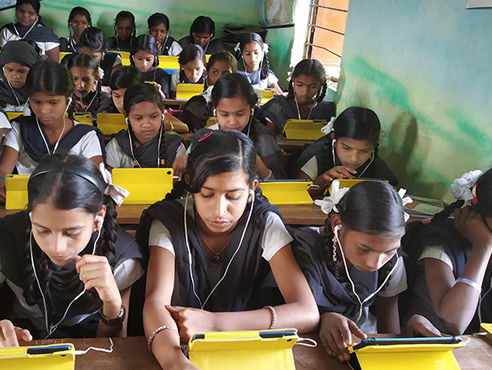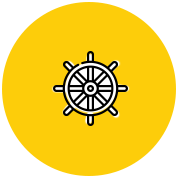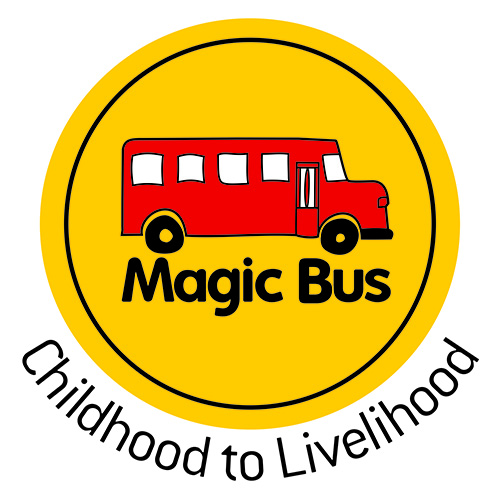This approach is focused on breaking the cycle of poverty by empowering at-risk children with the resources to complete secondary education and gain skills to become employable upon graduation. The program provides positive reinforcement of life skills especially for girls. Educating girls serves to have them continuing to college, marrying much later, having fewer children and most importantly educating their own children. What usually takes 4 generations, completion of a high school education for boys and girls, serves as a critical intervention for breaking the cycle of poverty for the entire family.

Our Childhood to Livelihood approach has the following key components:

Life Skills Education
Life Skills Education or Learning Enhancement (if bottom 30%) focuses on equipping youth with literacy and numeracy skills to build self efficacy and resilience. Students who are in the bottom 30% of academic standing are given additional education and attention at SMART Community Learning Centers.
- Duration: 3 – 5 years
- Age: 11-17

Work Readiness
This program builds on foundational life skills education by teaching financial literacy, digital skills, and spoken English, in addition to increasing career awareness.
- Duration: 2 years
- Age: 14-17

Employability
This program builds on foundational life skills education by teaching financial literacy, digital skills, and spoken English, in addition to increasing career awareness.
Skill Building & Job Placement
This program provides sector-specific training in Retail, IT, BSFI, and e-commerce so young adults can secure sustainable careers and wage-based employment.
- Duration: 6 – 8 months
- Age: 18-25
Entrepreneur
This program equips aspiring entrepreneurs with relevant skills for starting small enterprises, including instruction on business concepts and exposure to market research. Upon completion budding entrepreneurs are given Rs. 25,000 as seed money for their businesses.
- Duration: 18 months
- Age: 18-35
